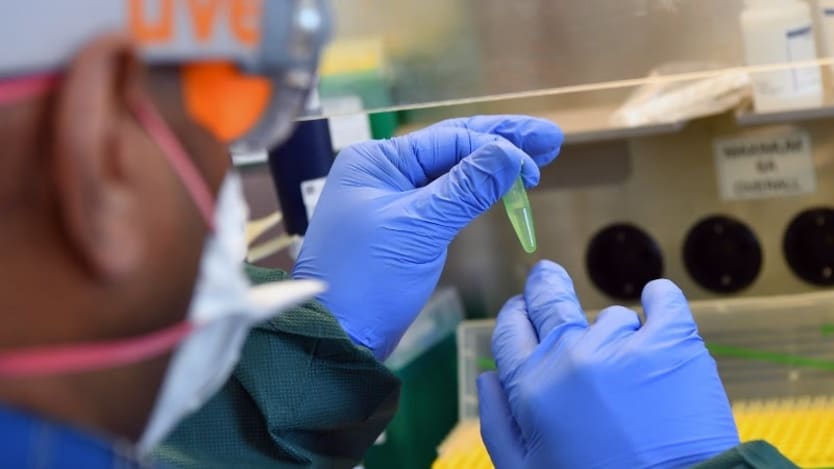
BRUSSELS/MANILA — Countries backed equal access to treatment and an independent review of the global response to the COVID-19 pandemic Tuesday, as the annual meeting of the World Health Organization ended in broad consensus after weeks of negotiations.
States agreed on a non-binding European Union-led resolution recognizing extensive immunization against the virus as a “global public good” and calling for “universal, timely and equitable access to and fair distribution of all quality, safe, efficacious and affordable essential health technologies and products including their components and precursors ... as a global priority.”
The resolution also called for collaboration to develop and scale-up these health technologies, and promote access to them, including through “existing mechanisms for voluntary pooling and licensing of patents.”
The United States voted in favor of the resolution but disassociated itself from some sections, including on equitable access, explaining in a statement that the text took an “unbalanced and incomplete approach” to trade-related aspects of intellectual property rights, or TRIPS.
The wording would “send the wrong message to innovators who will be essential to the solutions the whole world needs,” the U.S. said, and “may negatively affect countries’ abilities to incentivize new drug development and expand access to medicines.”
Public health advocates disagreed.
Ellen 't Hoen, a lawyer and director of research group Medicines Law & Policy, said the rationale for market exclusivity through patents falls away where, as today, governments are willing to fund the development of a vaccine. “This [U.S.] statement sounds to me like the usual pharma talking point rather than a genuine policy concern,” ‘t Hoen told Devex.
Follow our coverage of the World Health Assembly for the latest news and insider conversations on universal health coverage, global health security, and WHO reforms.
Loyce Pace, president and executive director of the Global Health Council, called the 73rd World Health Assembly a success thanks to the majority of countries and multiple heads of state expressing their support for WHO and a global response to the virus.
In that environment, Pace said the U.S. stood out even more as it sought to blame WHO and China for lives lost from the pandemic, and threatened to make its funding freeze to the United Nations health agency permanent.
This year’s truncated, two-day, virtual meeting saw many of the 194 members plagued by poor video and audio connections.
Many vaunted their own response to the crisis. Venezuela, Iran, and Syria decried the effect of sanctions on their health system. China also remained a fault line, with Japan, the U.S., and eSwatini among those to mention Taiwan, which is not recognized by Beijing and not invited to take part in the meeting.
“Taiwan has emerged as a shining example to the world in terms of response to COVID-19 and has provided assistance to many countries, including Saint Vincent and the Grenadines,” the Caribbean country’s health minister, Robert Browne, told the assembly. “But it is still locked out of the World Health Assembly. Imagine that.”
The independent review of the world’s handling of the pandemic was also a delicate topic with China, where the outbreak was first reported in the eastern city of Wuhan. Chinese President Xi Jinping said Monday it supports the idea of a comprehensive review once the pandemic is brought under control.
The final resolution, supported by China, calls for WHO Director-General Tedros Adhanom Ghebreyesus to initiate “a stepwise process of impartial, independent and comprehensive evaluation” of lessons learned, to be initiated “at the earliest appropriate moment, and in consultation with member states.”
Tedros thanked countries for the resolution Tuesday, saying the review would be “including, but not limited to, WHO’s performance.”
Eloise Todd, co-founder of the Pandemic Action Network, launched in April with more than 30 NGOs, foundations, and media partners, welcomed the review, arguing that the lessons from the pandemic “need to be learned quickly and applied across the world to deliver a global, equitable response to this crisis that helps prevent the next.”









